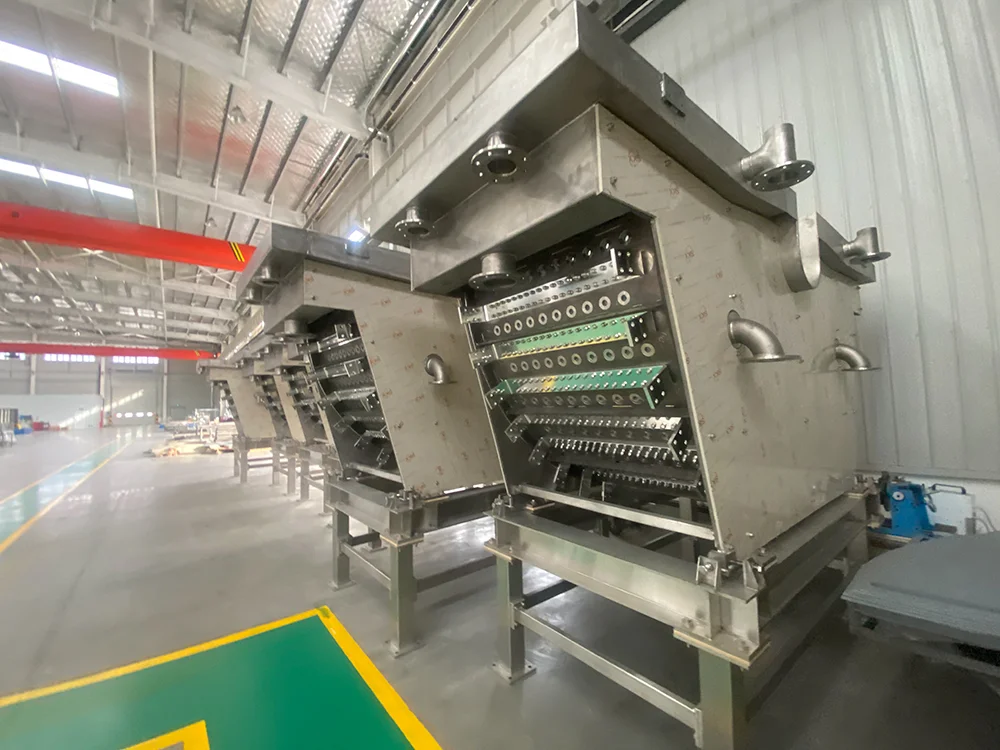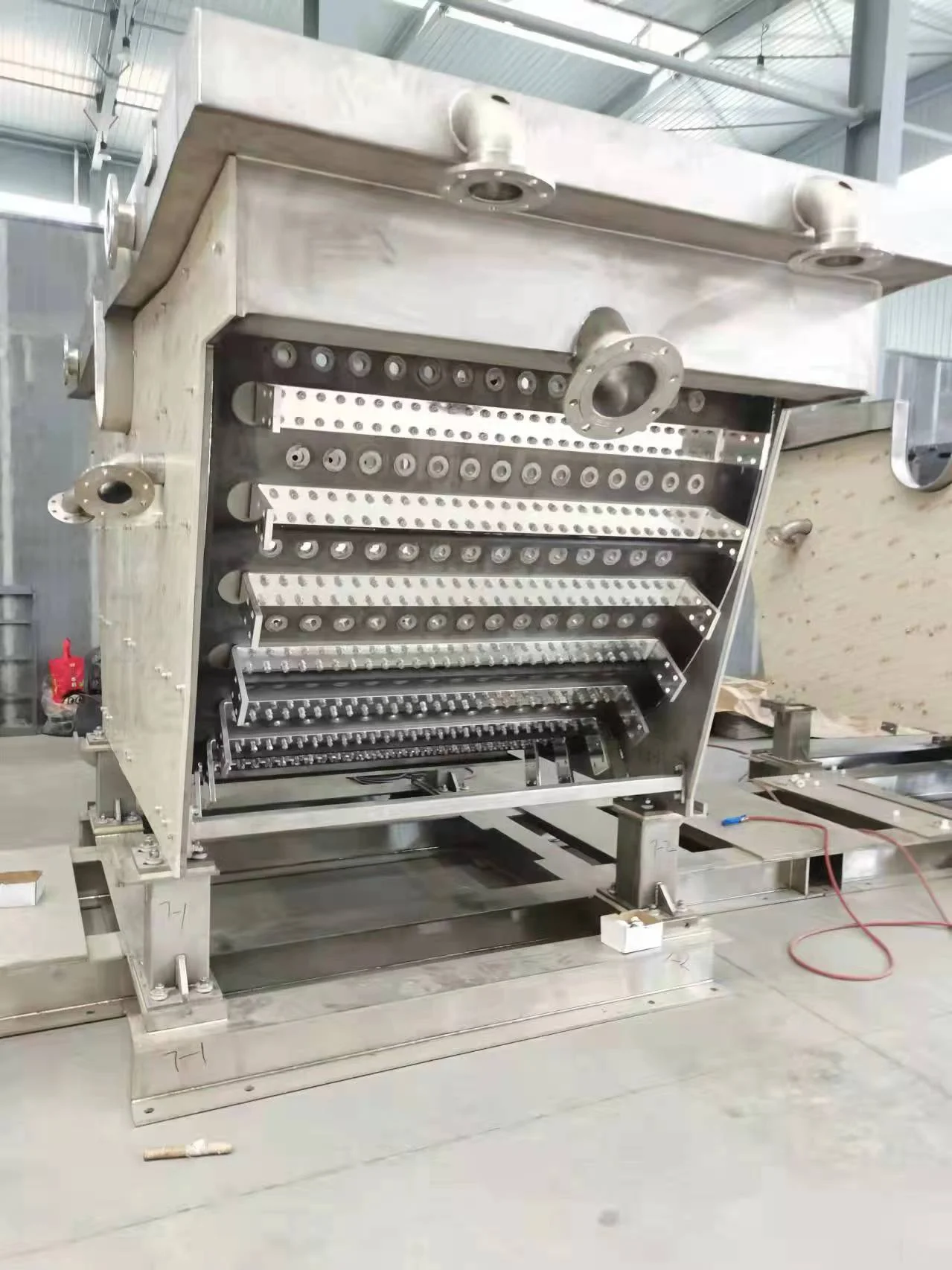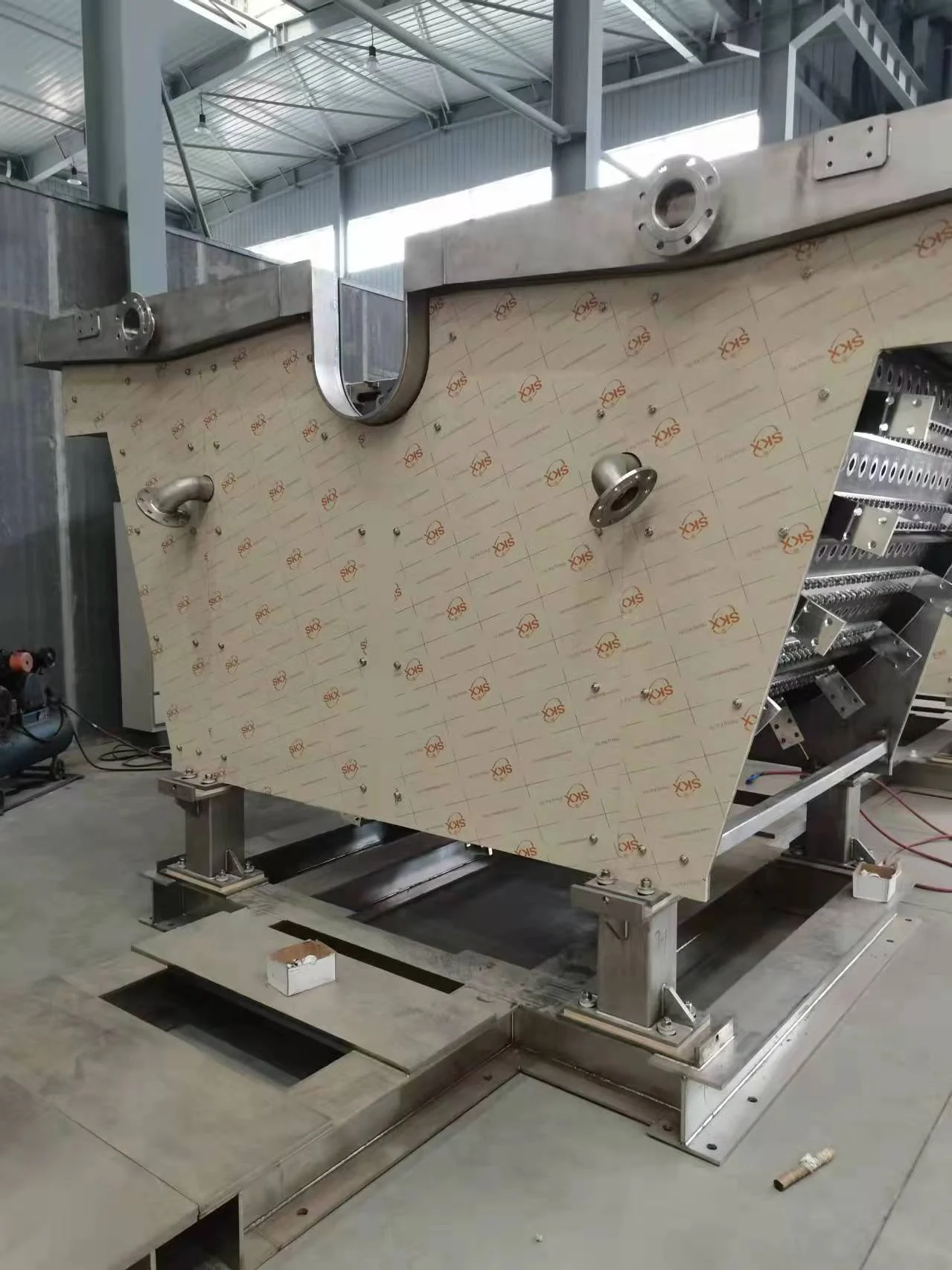Why Titanium Anode Tanks Are Essential for Modern Industrial Applications

Industrial processes rely heavily on equipment that can withstand harsh environments, resist corrosion, and maintain high levels of efficiency. One of the most critical components in industries such as electroplating, water treatment, chemical production, and energy systems is the anode tank. Among the many materials available for constructing these tanks, titanium stands out as a superior choice. Titanium anode tanks combine durability, reliability, and resistance to corrosion, making them essential for modern industrial applications. Timonic, a company dedicated to the production equipment of new energy lithium battery materials, demonstrates how titanium-based technologies are advancing efficiency and sustainability across industrial sectors.
Properties of Titanium as an Industrial Material
Titanium is a metal renowned for its excellent strength-to-weight ratio, corrosion resistance, and biocompatibility. Its ability to withstand extreme conditions without degradation makes it especially valuable in environments where other materials would quickly fail. Unlike steel or other metals that rust or corrode when exposed to aggressive chemicals, titanium maintains its integrity over long periods, reducing the need for frequent replacement and maintenance.
In anode tank construction, titanium’s inert properties ensure it does not contaminate or react with the substances it comes into contact with. This property is crucial in industries such as energy storage, water purification, and electrochemical processing, where purity and stability are fundamental to product quality.
Role of Titanium Anode Tanks in Electrochemical Processes
Electrochemical processes depend on controlled reactions at electrodes. The anode tank plays a central role in ensuring these reactions occur efficiently. Titanium anode tanks serve as both a structural container and an active participant in electrochemical processes. Their resistance to oxidation and ability to maintain electrical conductivity make them indispensable in applications such as electroplating, electrolysis, and material refining.
By providing a stable environment for these reactions, titanium anode tanks help industries achieve consistent results, reduce operational costs, and minimize downtime caused by equipment failure.
Importance in Water Treatment Systems
Water treatment systems require reliable materials capable of enduring continuous exposure to moisture, chemicals, and fluctuating conditions. Titanium anode tanks are widely used in processes such as desalination, wastewater treatment, and purification of drinking water. Their resistance to corrosion ensures long-lasting performance, while their ability to sustain high electrochemical activity improves efficiency in removing impurities and harmful substances.
These characteristics make titanium tanks a sustainable choice for water treatment facilities, reducing both environmental impact and operational expenses.

Applications in Chemical Processing
The chemical industry involves handling highly corrosive substances, including acids, alkalis, and solvents. Traditional materials often degrade quickly in such environments, leading to contamination, leaks, and costly maintenance. Titanium anode tanks are specifically designed to withstand these challenges.
By resisting chemical attack, titanium tanks preserve the purity of processed materials and ensure safe, reliable operations. Their longevity reduces replacement frequency, making them a cost-effective solution for chemical manufacturers seeking both efficiency and safety.
Relevance in New Energy Systems
The transition to sustainable energy sources requires advanced materials that support the performance and reliability of energy storage systems. In the production of lithium battery materials, titanium anode tanks play a critical role. Timonic, with its dedication to developing equipment for new energy lithium battery material production, leverages titanium’s unique properties to enhance the durability and precision of production processes.
Titanium’s corrosion resistance ensures that tanks remain reliable during extended cycles of chemical reactions required in lithium battery material synthesis. This reliability contributes to the quality and performance of batteries used in electric vehicles, renewable energy systems, and portable electronics.
Role in Electroplating Applications
Electroplating is a process that requires precise control of metal deposition. Titanium anode tanks provide the necessary stability and conductivity to support uniform plating results. Their ability to withstand high current densities without degradation makes them ideal for industries such as automotive, aerospace, and electronics manufacturing.
By ensuring high-quality plating finishes, titanium anode tanks help manufacturers meet stringent standards for durability, appearance, and performance.

Contribution to Industrial Safety
Safety is a top priority in any industrial operation, and the choice of materials directly impacts workplace safety. Titanium anode tanks reduce risks associated with equipment failure, leaks, or contamination. Their structural strength ensures stability under pressure, while their resistance to chemical attack minimizes the potential for hazardous incidents.
By choosing titanium tanks, industries not only enhance productivity but also create safer working environments for their employees.
Advantages over Conventional Materials
Compared to materials like stainless steel, lead, or graphite, titanium offers unmatched performance in terms of longevity and resistance to wear. Stainless steel, while durable, is prone to corrosion in highly acidic or alkaline environments. Lead and graphite, although commonly used in the past, present limitations in strength, environmental impact, and maintenance requirements.
Titanium’s unique combination of properties positions it as the superior choice for modern industrial needs, offering industries both economic and environmental benefits.
Integration by Timonic
As a company committed to advancing the production equipment for lithium battery materials, Timonic exemplifies the role of titanium technology in modern industry. By integrating titanium anode tanks into their systems, Timonic ensures high efficiency, reduced downtime, and consistent quality for energy-related manufacturing. Their expertise highlights the versatility of titanium tanks across diverse applications, supporting innovation and sustainability in critical industries.

Conclusion
Titanium anode tanks have become an indispensable part of modern industrial operations. Their durability, corrosion resistance, and adaptability make them vital for electrochemical processes, water treatment, chemical manufacturing, electroplating, and new energy systems. Companies such as Timonic demonstrate how titanium-based solutions support both efficiency and sustainability in demanding applications. By choosing titanium anode tanks, industries secure reliable, long-lasting equipment that underpins the performance and safety of essential processes.
How Titanium Anode Tanks Enhance Corrosion Resistance and Efficiency
www.timonic.com.cn
Timonic (Suzhou) Technology Co., Ltd
